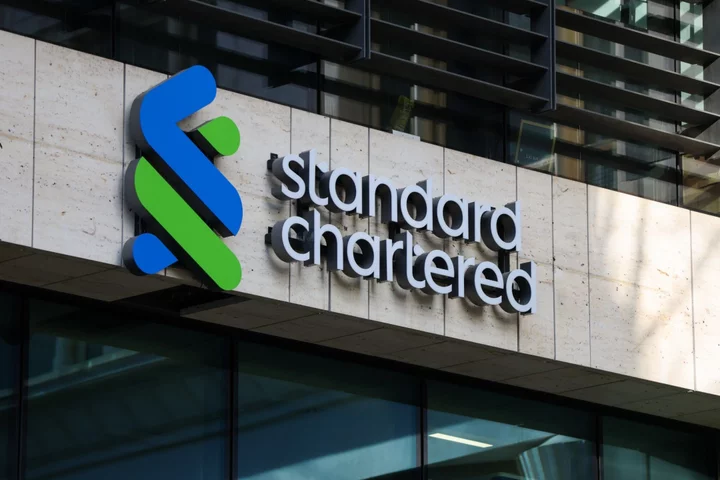The UK Treasury should review hundreds of billions of pounds worth of tax breaks, according to a report from Parliament’s influential Treasury Committee, which described the system of reliefs as overly complicated.
The government should systematically look at existing tax reliefs and look for ways to simplify the country’s “ever-expanding” tax code, the multi-party panel said on Wednesday in a statement. It said there are 1,180 tax reliefs in place, but the cost of only 365 is known.
“Our tax system is too complicated, and the proliferation of uncosted tax breaks add to that complexity,” Committee Chair Harriett Baldwin, a member of the ruling Conservative Party, said in the statement. Some reliefs “are prone to abuse or simply lie dormant, cluttering the ever-expanding tax code.”
Baldwin said it’s “staggering” that the cost is known for only a third of reliefs, and her panel said that the disparity between the scrutiny of public expenditure and of tax reliefs is “stark.” Their report warned of the potential for fraud in the current system and pointed to the potential for savings to the public purse if the government subjected reliefs to closer and more regular analysis.
The Treasury said in a statement that “keeping tax simple remains a priority,” while noting that reliefs are a “key way” to ensure the system is fair and to encourage economic activity.
While the biggest reliefs are important parts of the tax code such as the personal earnings allowance for workers that’s free from income tax, others — deemed “non-structural” are designed to promote particular activities and industries. The panel cited one analysis by His Majesty’s Revenue and Customs, the government’s tax collector, that found that 105 of the non structural reliefs cost the public purse about £195 billion annually.
The MPs concluded that political pressure, often through lobbying from industry groups, meant new tax-breaks were frequently introduced, but were rarely taken off the statute books.
The panel recommended:
- that the government should undertake a “comprehensive and systematic review” of existing tax reliefs with a goal of identifying abuse and simplifying the system,
- that tax breaks should be reclassified as government expenditure
- the government should consider handing to departmental ministers the responsibility of budgeting for the breaks
- HMRC should publish costings on all reliefs from the 2025-26 fiscal year onwards
- The government should review tax breaks every 5 years, and remove those which no longer meet policy goals
(Updates with Treasury response in fifth paragraph)









